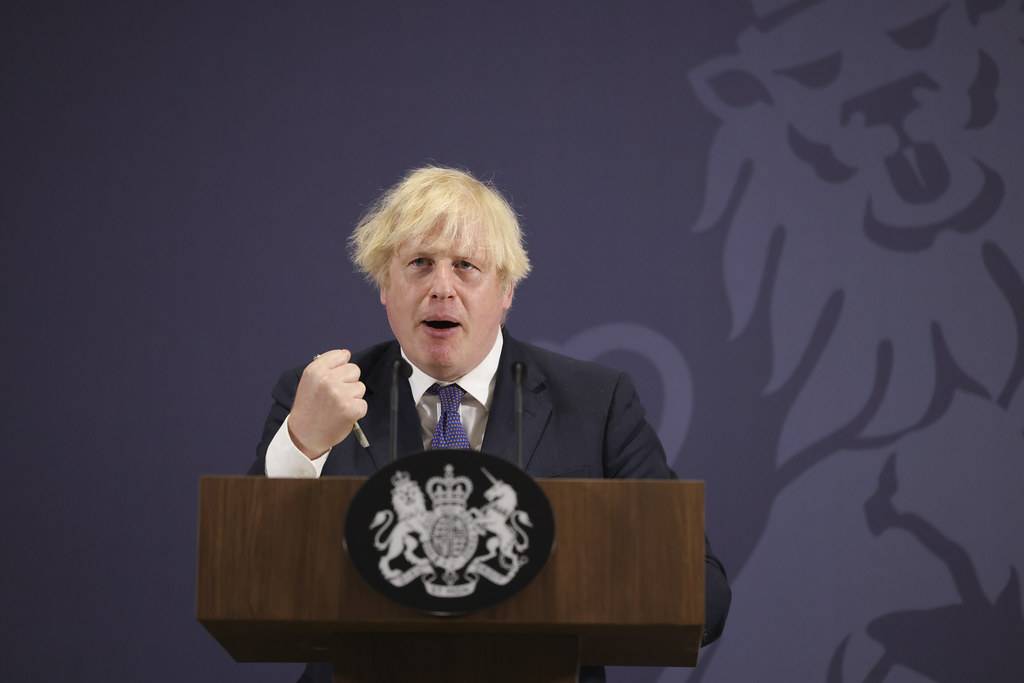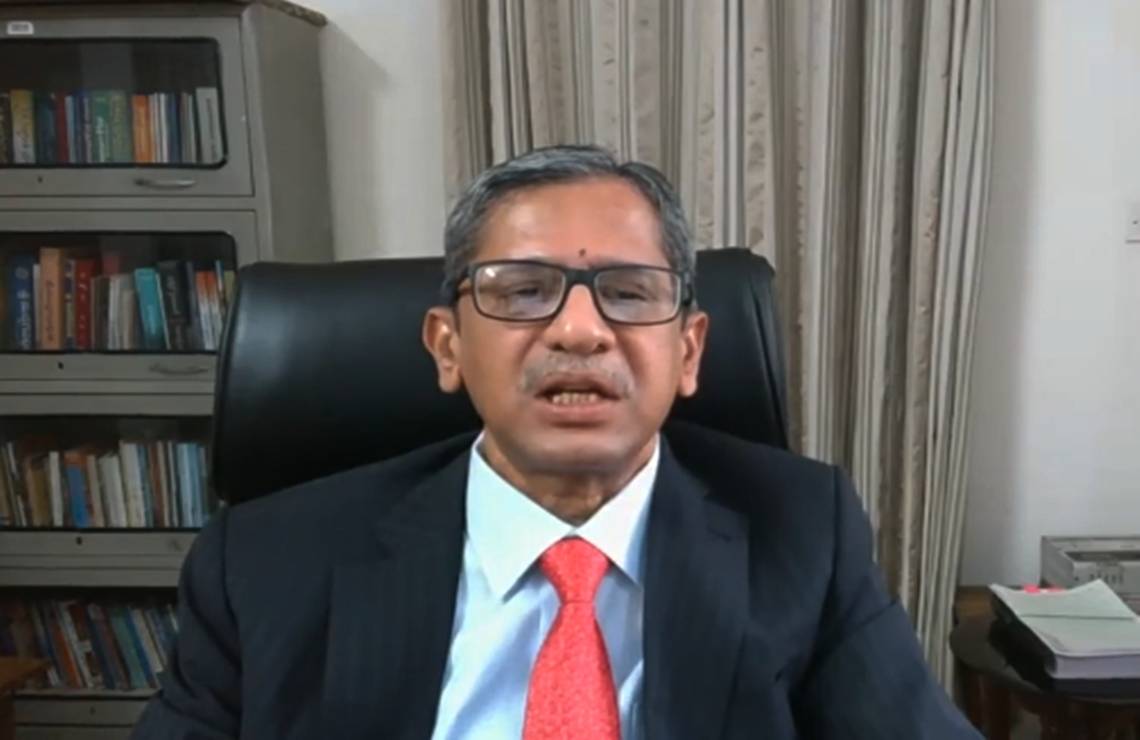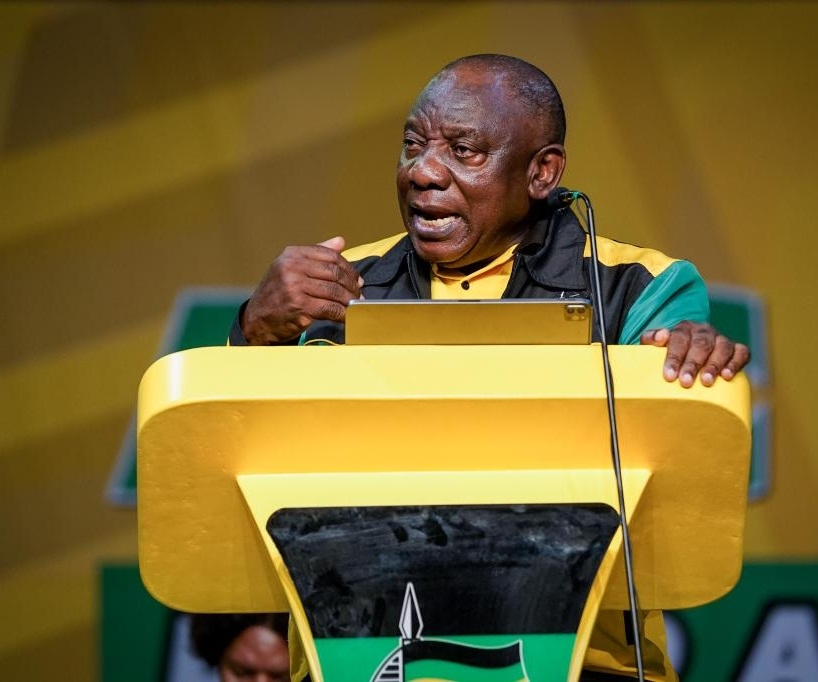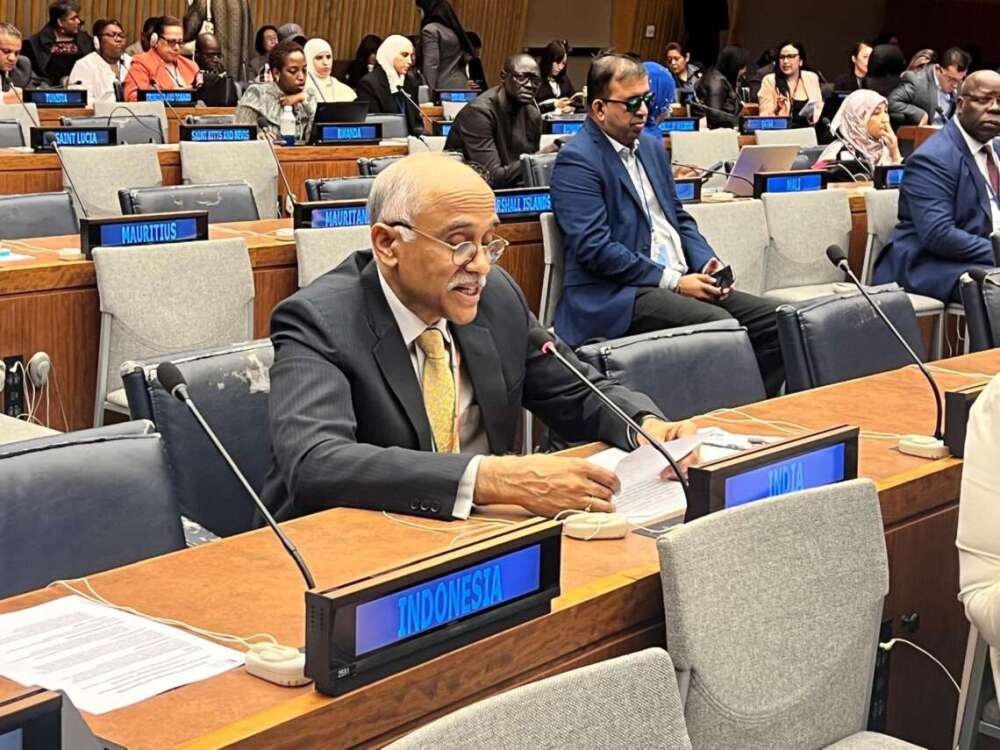Nightclubs, cinemas and other indoor venues will be allowed to run at full capacity, while legal mandates covering the wearing of masks and working from home have been scrapped, reports Asian Lite News
The British government on Monday went ahead with the reopening plan and lifted all pandemic restrictions, including mandatory wearing of face masks, even as Covid-19 cases grew exponentially amid concerns of a possible third wave worldwide.
From midnight 2300 GMT Sunday (local time), nightclubs, cinemas and other indoor venues in England are allowed to run at full capacity, while legal mandates covering the wearing of masks and working from home have been scrapped. Residents of the UK, who have been fully vaccinated, returning from “amber list” destinations in Europe will no longer have to quarantine.
The move to reopen the country aims to revive the economy battered by its deepest recession in 300 years. Prime Minister Boris Johnson has defended the decision saying, “If we don’t do it now, then we’ll be opening up in the autumn, the winter months when the virus has the advantage of the cold weather.”
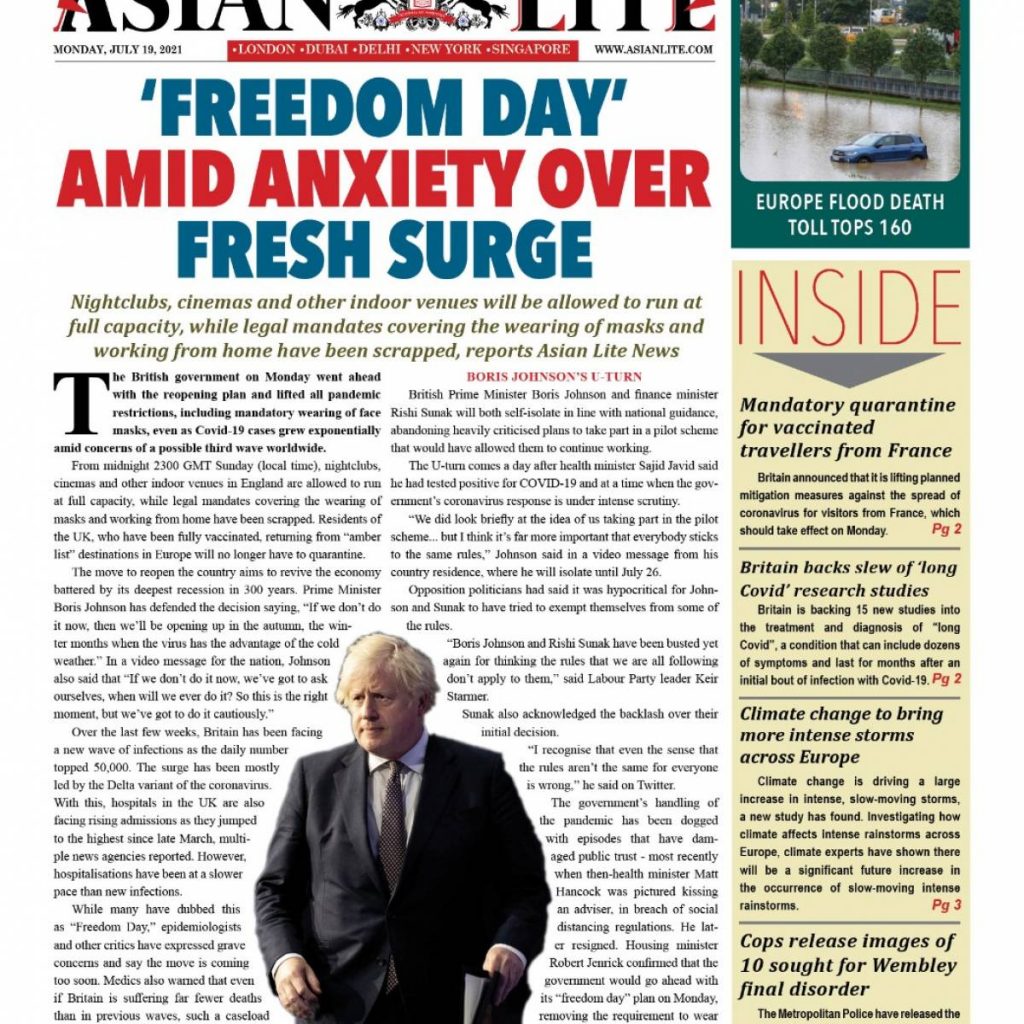
In a video message for the nation, Johnson also said that “If we don’t do it now, we’ve got to ask ourselves, when will we ever do it? So this is the right moment, but we’ve got to do it cautiously.”
Over the last few weeks, Britain has been facing a new wave of infections as the daily number topped 50,000. The surge has been mostly led by the Delta variant of the coronavirus. With this, hospitals in the UK are also facing rising admissions as they jumped to the highest since late March, multiple news agencies reported. However, hospitalisations have been at a slower pace than new infections.
While many have dubbed this as “Freedom Day,” epidemiologists and other critics have expressed grave concerns and say the move is coming too soon. Medics also warned that even if Britain is suffering far fewer deaths than in previous waves, such a caseload would still put severe pressure on the National Health Service (NHS) and risks seeding new variants.
Boris Johnson’s U-turn
British Prime Minister Boris Johnson and finance minister Rishi Sunak will both self-isolate in line with national guidance, abandoning heavily criticised plans to take part in a pilot scheme that would have allowed them to continue working.
The U-turn comes a day after health minister Sajid Javid said he had tested positive for COVID-19 and at a time when the government’s coronavirus response is under intense scrutiny.
“We did look briefly at the idea of us taking part in the pilot scheme… but I think it’s far more important that everybody sticks to the same rules,” Johnson said in a video message from his country residence, where he will isolate until July 26.
Opposition politicians had said it was hypocritical for Johnson and Sunak to have tried to exempt themselves from some of the rules.
“Boris Johnson and Rishi Sunak have been busted yet again for thinking the rules that we are all following don’t apply to them,” said Labour Party leader Keir Starmer.
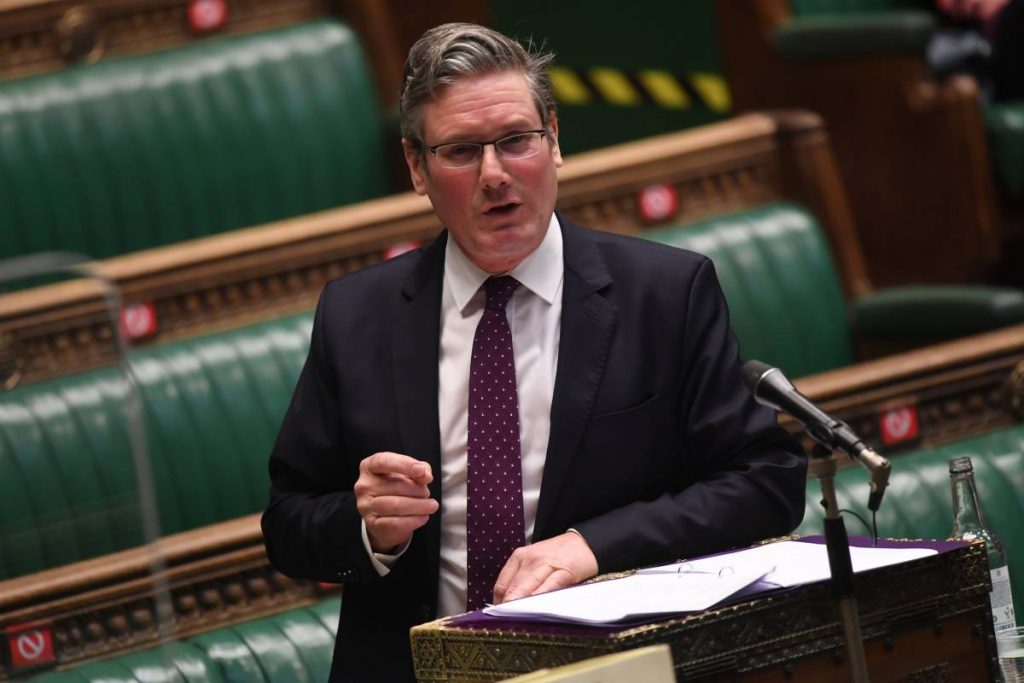
Sunak also acknowledged the backlash over their initial decision.
“I recognise that even the sense that the rules aren’t the same for everyone is wrong,” he said on Twitter.
The government’s handling of the pandemic has been dogged with episodes that have damaged public trust – most recently when then-health minister Matt Hancock was pictured kissing an adviser, in breach of social distancing regulations. He later resigned.
Housing minister Robert Jenrick confirmed that the government would go ahead with its “freedom day” plan on Monday, removing the requirement to wear face masks, lifting limits on social gatherings and allowing high-risk businesses to reopen.
Johnson used his video message to plead with the public to take a cautious approach to the change of rules.
“Please, please, please, be cautious,” he said.
“Go forward tomorrow into the next step with all the right prudence and respect for other people, for the risks that the disease continues to present and, above all, please, please, please when you’re asked to get that second jab … please come forward and do it.”
Ministers argue that the vaccination programme, under which 87.8% of the adult population has had one vaccine and 67.8% have been double vaccinated, has largely broken the link between cases and mortality.
“The last time we had cases at the level we do today, the number of people dying from the virus was 30 times the number it is today,” Jenrick told the BBC.
ALSO READ-Boris mulls backtracking on foreign aid cuts
READ MORE-Vaccinated arrivals from France must still quarantine


